In this post, I will talk about the best laptops for game development in 2024 so let’s dive into the post.
The game industry constantly changes regarding innovation, challenges, prerequisites, and trends like VR and AR. As a result, those involved in the sector are currently determining the most effective means of creating new standards.
A professional game developer will need the best laptop for tools like CRYENGINE, Unity3D, and Unreal Engine for creating and designing games.

It also means that you are prepared to use your new laptop for game development with applications like Unreal Engine, Visual Studio, Blender, AutoCAD, and Unity Development Tools.
Some of the best computers now on the market are laptops. Additionally, you can engage in hobbies like game development on them.
The speed and power of Alienware computers have been well-publicized, but how do laptops perform when it comes to game development? This suggests that there are a variety of scenarios in which such laptops might be helpful.
Recommendations For April 2024
The list of the Best budget laptops for game development is given below.
- ASUS ZenBook Pro Duo
- GIGABYTE AORUS 15P XD
- Acer Predator Helios 300
- MacBook Pro
- MSI P65 Creator
- Alienware M15
- Razer Blade 15
- MSI GS75 Stealth
- Lenovo Legion Y540
- ASUS ROG Strix G
| Image | Product | Detail | Price |
|---|---|---|---|
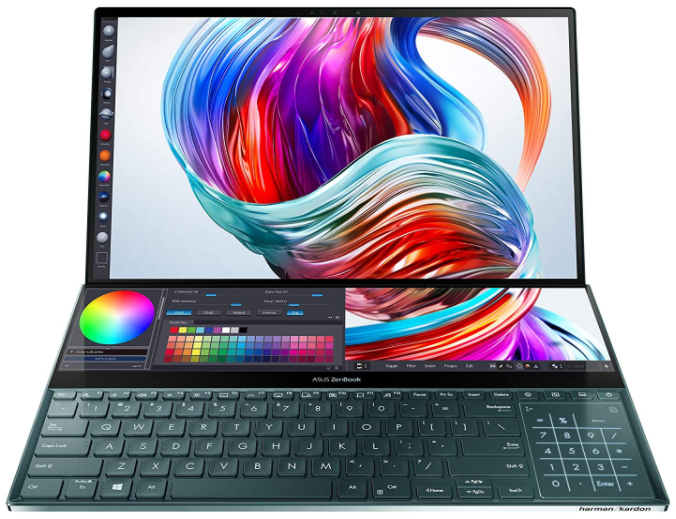 | ASUS ZenBook Pro Duo |
| Check Price |
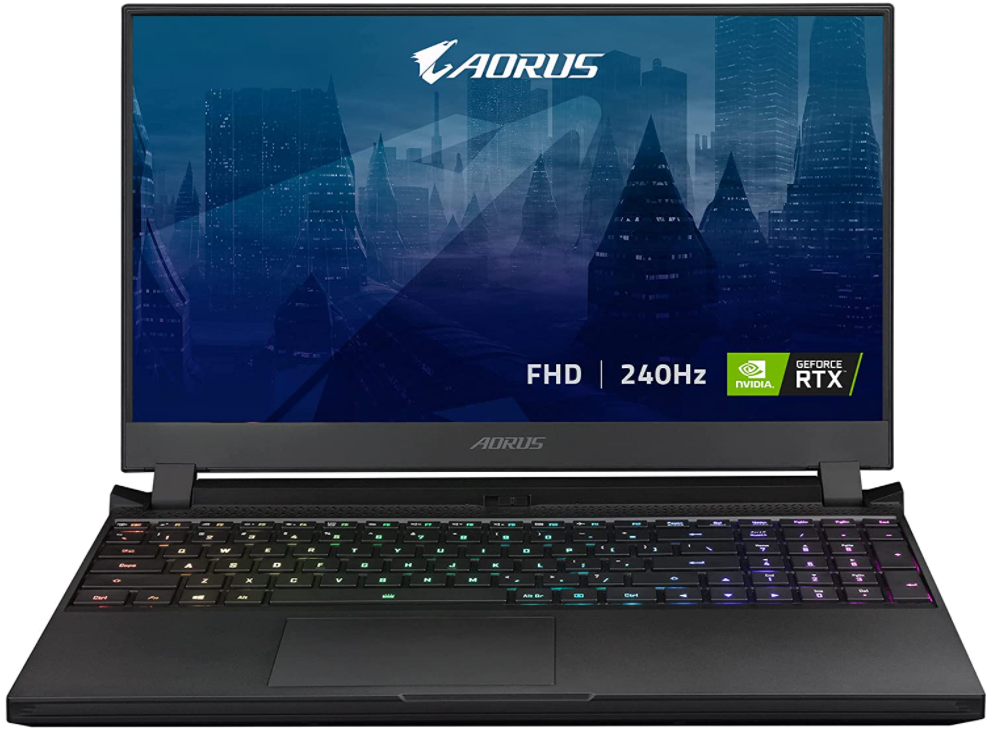 | GIGABYTE AORUS 15P XD |
| Check Price |
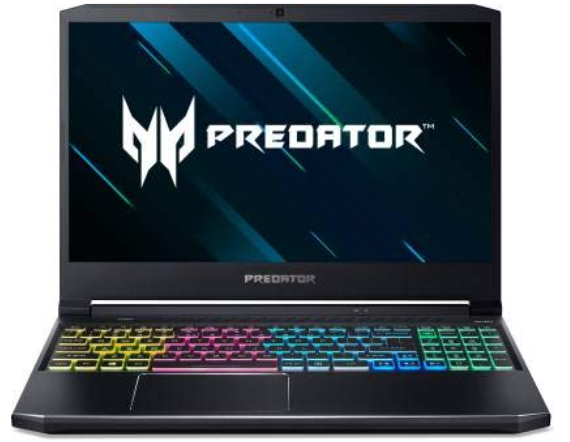 | Acer Predator Helios 300 |
| Check Price |
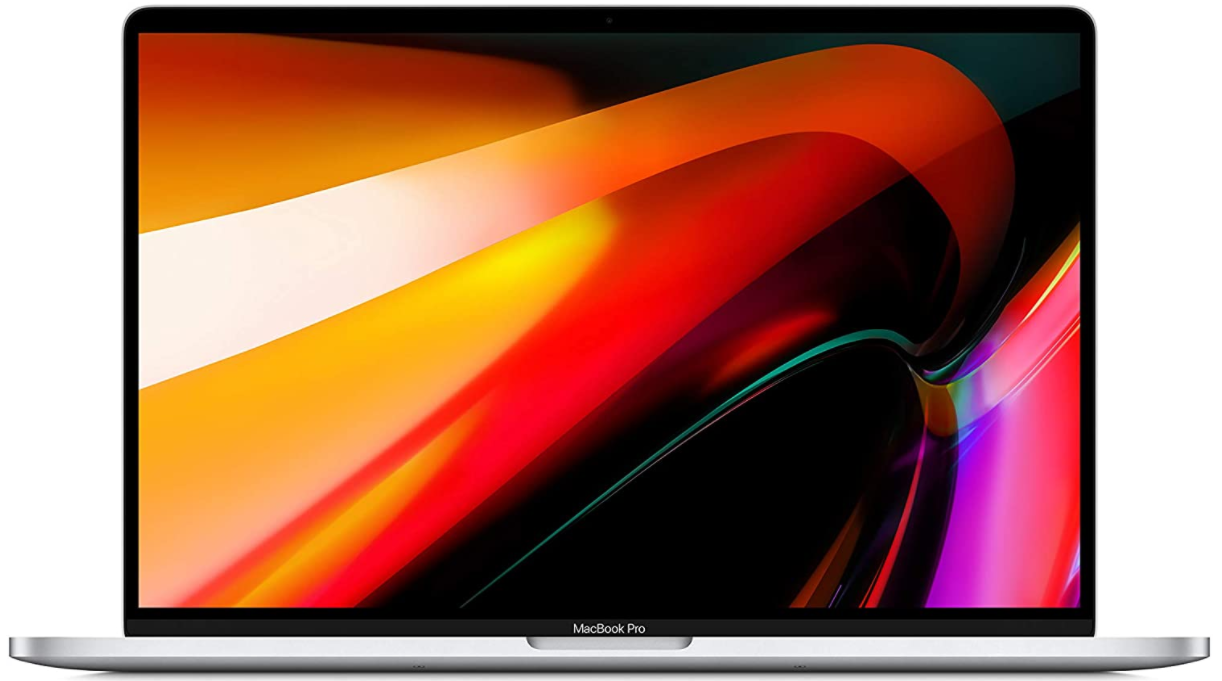 | MacBook Pro |
| Check Price |
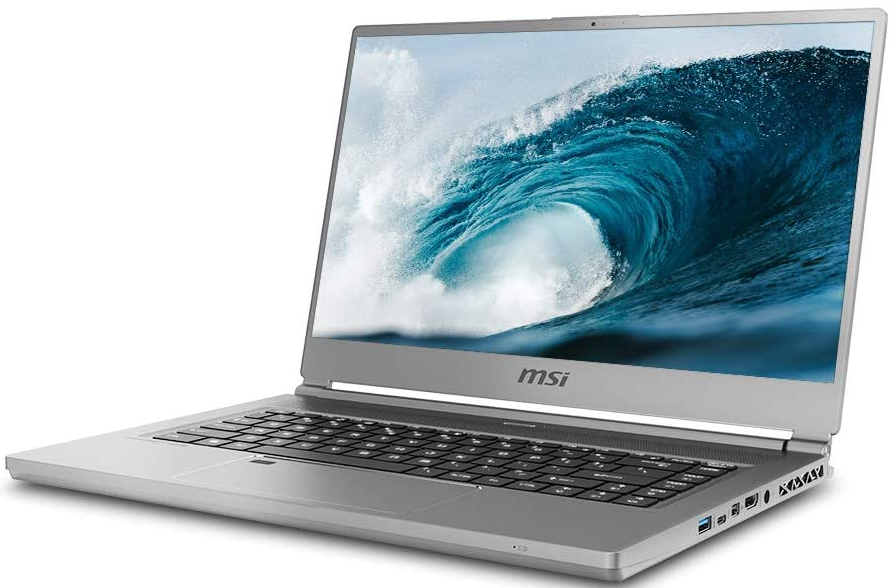 | MSI P65 Creator |
| Check Price |
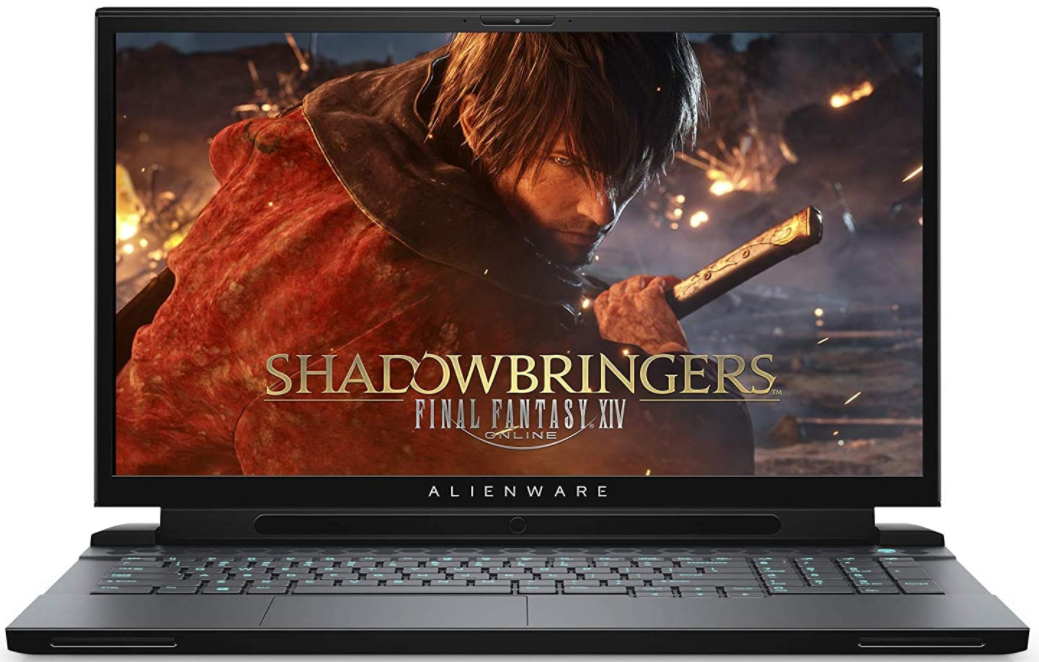 | Alienware M15 |
| Check Price |
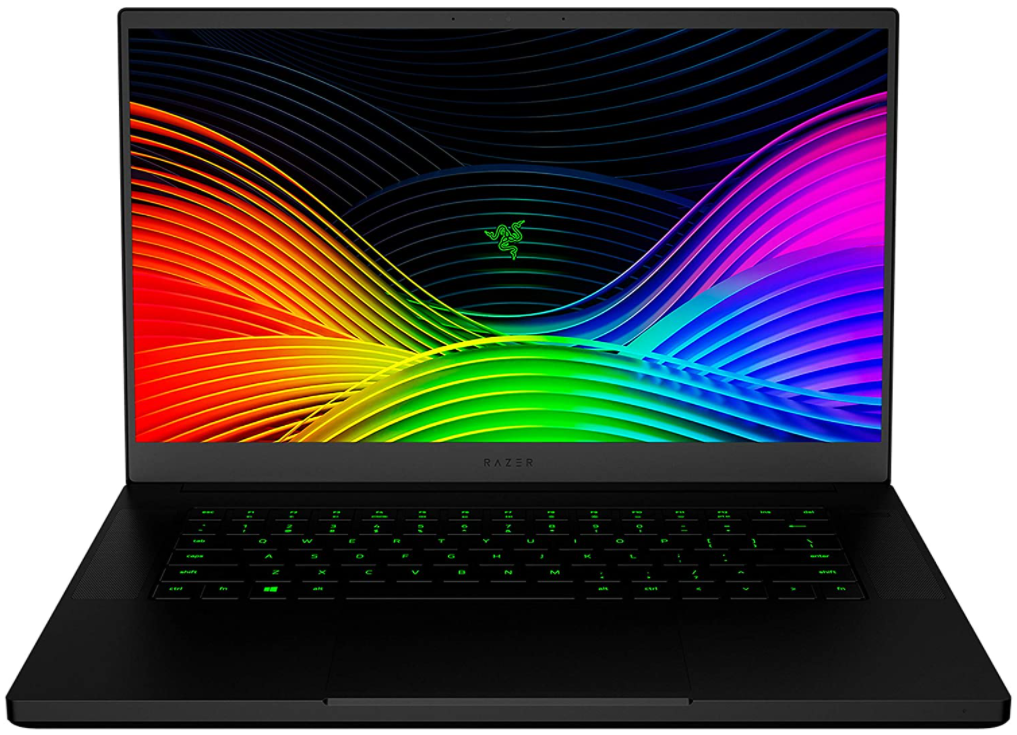 | Razer Blade 15 |
| Check Price |
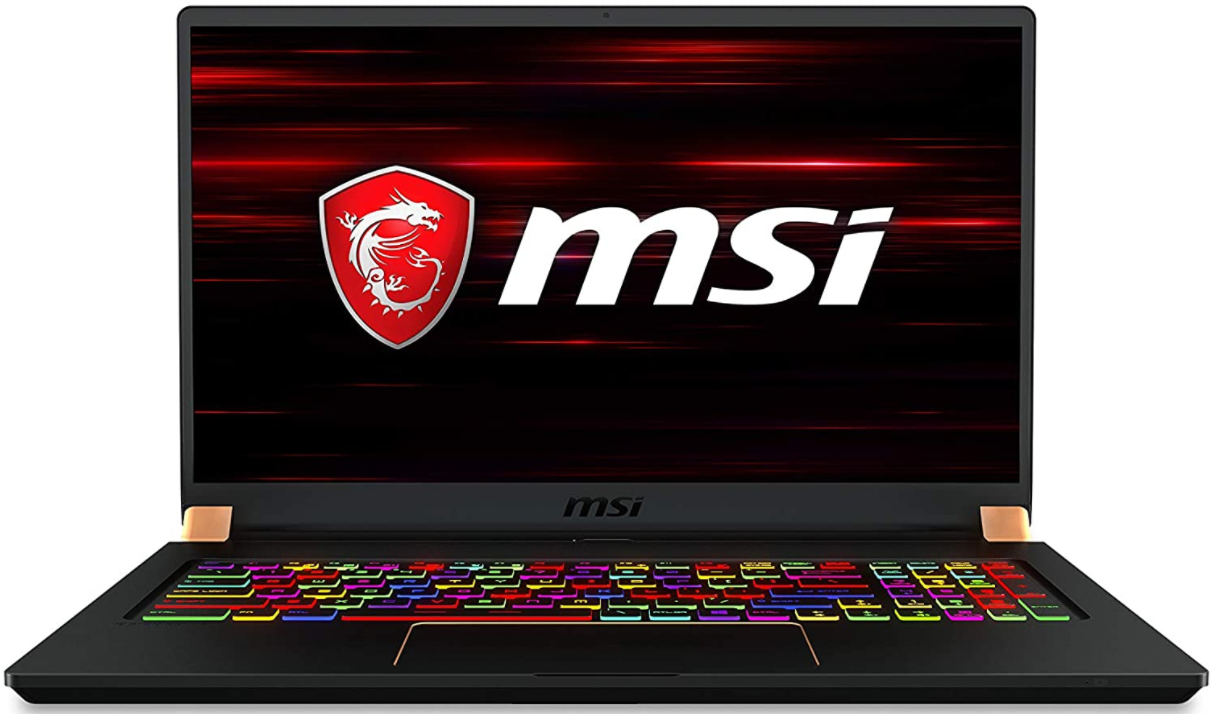 | MSI GS75 Stealth |
| Check Price |
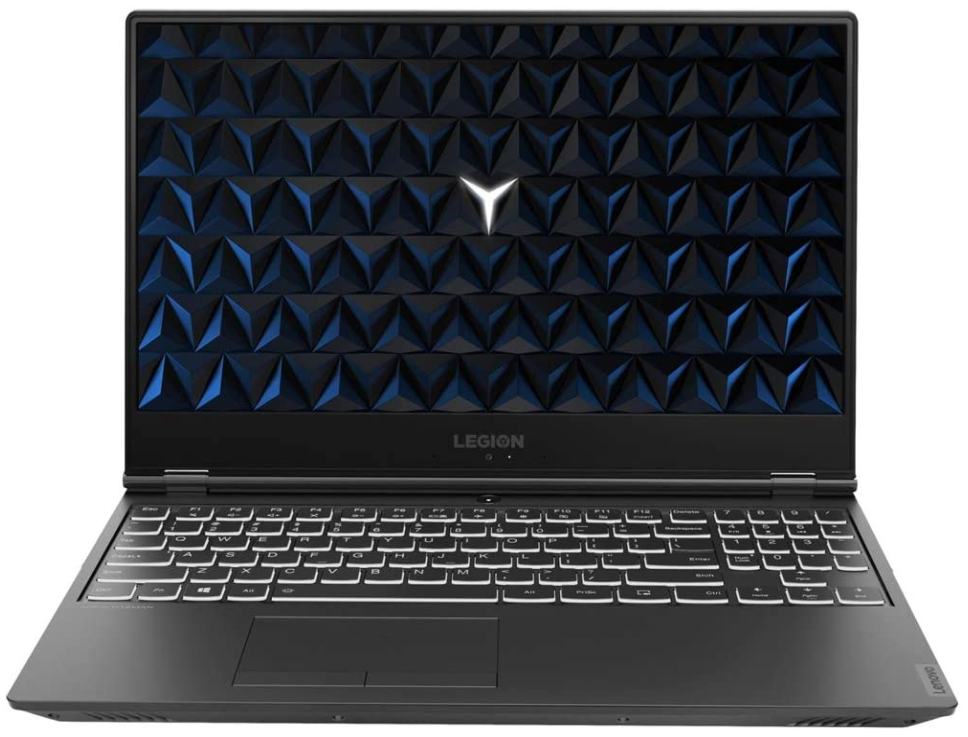 | Lenovo Legion Y540 |
| Check Price |
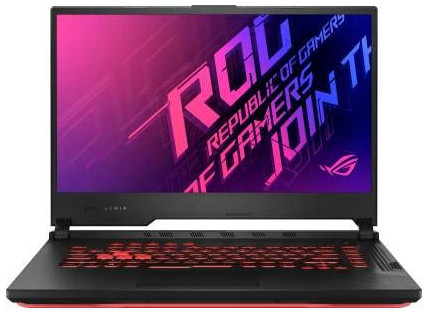 | ASUS ROG Strix G |
| Check Price |
10 Best Laptops For Game Development 2024
Let’s have a closer look at each of them:
1. ASUS ZenBook Pro Duo (Editor’s Choice)
ASUS ZenBook Pro Duo

If you have a good budget, the ASUS ZenBook Pro Duo laptop is the finest choice for high-end game production.
In addition to its impressive 4K display, it has a secondary display above the keyboard dubbed the ScreenPad Plus, which is a sensible addition, especially for designers and developers.
Asus created this laptop to offer an improved user experience by including features that address frequent issues.
It boasts an ErgoLift keyboard that lifts the body at an angle once the lid is raised so you can see both of its screens more clearly. This enhances airflow while enabling a more cozy resting position for your hands.
The ZenBook Pro Duo is a hot deal with a 5GHz i7 processor, 16GB of RAM, 1TB SSD, and a 6GB NVIDIA RTX 2060 combo.
Whether you work in Unity Pro, Unreal Engine, or another program, this is a terrific choice if you only want a laptop for game development.
2. GIGABYTE AORUS 15P XD
GIGABYTE AORUS 15P XD

The GIGABYTE AORUS 15P XD is a laptop with a powerful GPU arrangement, a brilliant display, and workstation capabilities for real-time game testing and development.
The display’s FHD screen has a Delta E of 11 for color accuracy. This makes it one of the most color-accurate laptops available, and the screen’s 240Hz refresh rate enables you to test out top-tier games without tearing your eyes out.
An NVIDIA GeForce RTX 3070 8GB graphics card, a 2.3GHz 1st Gen Intel Core i7, 16GB of RAM, and a 1TB SSD support the performance of this Unity laptop.
Though 8GB is sufficient for most professionals, the fact that it has twice the RAM demonstrates how it is a step ahead.
You also get a large battery backup that can keep it running for up to 8 hours under mixed usage. Overall, a well-made laptop that I can recommend without reservation.
3. Acer Predator Helios 300
Acer Predator Helios 300
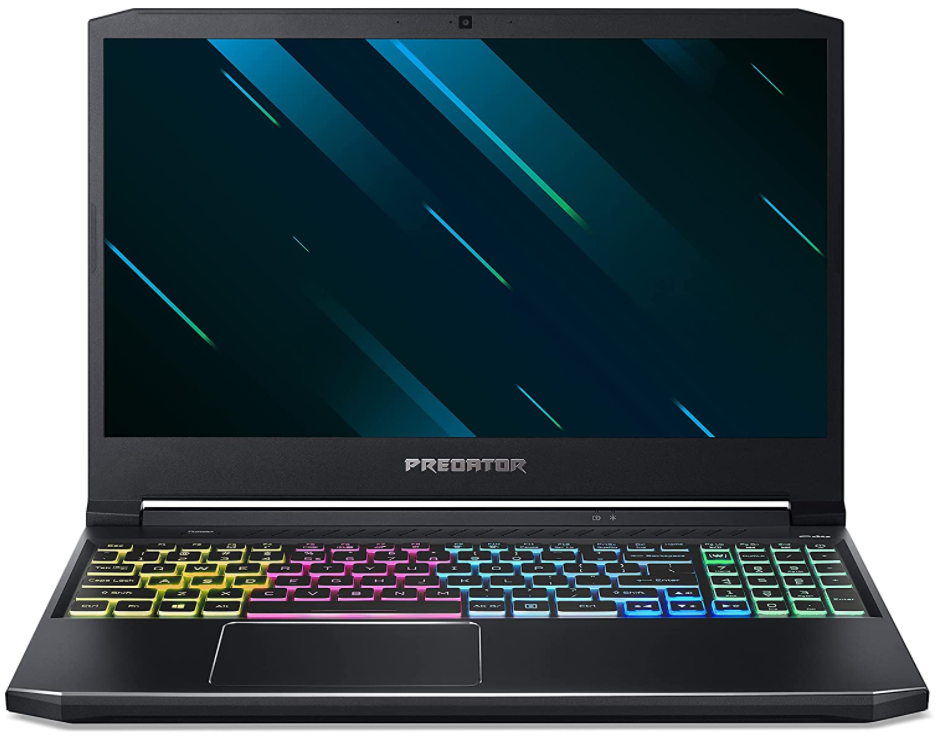
Although 8GB is usually more than enough for professionals, having twice as much RAM shows how advanced it is.
Additional features include a sizable battery backup that, with varied use, may keep it running for up to 8 hours. In the end, a high-caliber notebook comes with our highest recommendation.
Despite having 16 GB of RAM, this laptop’s 6 GB VRAM makes it magical. The GPU in this model’s VRAM capabilities enhances overall picture data storing capacities throughout development.
This model contains a 512 GB NVMe SSD, considered sufficient for game development.
Because of this, the storage on this laptop will have some of the quickest and most precise reaction times in terms of assets that have been stored.
4. MacBook Pro
MacBook Pro

The MacBook Pro has every requirement for game development, even though it doesn’t have a distinct gaming identity. This variant’s 6-Core Intel i7 Processor provides quick and reliable performance throughout development.
This processor may not be ideal for AAA game development but will suffice for standard development. The RAM on the MacBook Pro is where it truly shines.
This machine has up to 16 GB of RAM, far more than the standard 8 GB required for game development. As a bonus, this unit has 64 GB of DDR4 memory, ensuring that all the multitasking that comes with developing runs smoothly.
This model’s AMD Radeon Pro 5000M series GPU ensures sleek, brilliant high-definition playback. The MacBook Pro is a GPU powerhouse for game development.
The quick battery drain and excessive heating of this device are two drawbacks of its great features. These limitations may not apply to typical laptop use but may become problematic when developing for extended periods.
In general, game creators should consider the MacBook Pro. The storage and graphics are of desktop quality and top-tier for development.
Also, Read This:
5. MSI P65 Creator
MSI P65 Creator

Features
- intel core i7-9750h 2.6 – 4.5ghz
- Display 15 6″ Uhd
- NVIDIA GeForce RTX 2060
- Windows 10 Pro
For ardent creators, the MSI P65 Creator is an unmatched powerhouse. It’s a definite computer for 3D game production because of its high-end features, including the 6-core processor and fantastic 4K display.
MSI is designed for photo/video editors, 3D animators, and 2D designers. Additionally, it benefits from the Nvidia GeForce RTX 2060 video card, which guarantees outstanding graphic performance in contrast to many others.
The most recent 9th Generation Intel Core i7-9750H processor, 32GB RAM, and 1TB SSD also ensure the MSI P65 Creator-1084’s power.
It has the raw power to complete most activities as a gaming configuration. It is the perfect tool for producing outstanding games while on the run.
6. Alienware M15
Alienware M15

The Alienware M15 is a gaming laptop you’ll want to own because it looks great and has a great display. It is worth noting that it is the most trusted brand name in the gaming industry.
You want to create and test high-quality graphic games but also require portability. With a weight of only 4.75 pounds, the Alienware M15 is an excellent choice and our most recommended laptop.
On a 15.6-inch display, 1080p looks fantastic, providing sharp images that support development needs.
The Nvidia GeForce RTX 2060, 16GB RAM, and 9th Generation Intel Core i7 9750H CPU provide a professional developer laptop’s structural support.
7. Razer Blade 15
Razer Blade 15

Razer started the thin and light high-end laptop fad, and they continue to produce some of the greatest devices. The Blade series is inexpensive and only supports 2060 GPUs.
A flawless edge-to-edge display on the Blade 15 allows for high-performance work and pleasure. The slim CNC aluminum unibody design offers better convenience and is perfect for gaming and creative work.
The Nvidia GeForce and i7-9750H processors also provide a much-needed professional workspace. More effective coding and programming are possible with 16GB RAM and 512GB SSD.
8. MSI GS75 Stealth
MSI GS75 Stealth

Due to its quick speeds, the Intel Core i7 processor lessens lag and glitches during development.
This results in a development configuration that will work smoothly after 32 GB of RAM is added. This laptop has an Nvidia RTX 2080 graphics card for seamless and fast graphic refresh rates.
These three features are all needed for a mid-tier game development process. An enhanced plus is the 17.3-inch FHD display with an IPS panel.
With some of the most brilliant light resolutions in graphics available in a laptop, this laptop also highlights ray tracing.
9. Lenovo Legion Y540
Lenovo Legion Y540

The Lenovo Legion Y540 has a light and thin design that deviates from the norm for a gaming laptop. In addition to a makeover, this laptop has adequate game development features for its low price.
The Core i7 CPU is ideal, and the 16 GB of RAM only adds to the lightning-fast performance when running development hardware.
The 6 GB GeForce GTX 1660 Ti is not as powerful as it could be but will suffice for mid-level game development.
You also get a nice 256 GB SSD, just enough storage.
10. ASUS ROG Strix G
ASUS ROG Strix G

In a 5.2lb package, the Strix G GL531 has impressive internals. It includes a 1 TB SSD drive for functionality and portability.
Because strong visual quality makes development more fun, it includes a splash of programmable LED colors.
Furthermore, Nvidia GeForce, with its 9th Gen Intel Core i7-9750H processor and 16GB RAM, ensures game compilation speed.
What is needed in good gaming laptops?
A laptop for game development should be highly rated in processing, storage, RAM, GPU, and graphical display.
A gaming laptop must handle robust programs without lagging or stuttering from design to manufacturing.
You’ll need one that can handle graphical power, has a smooth processor, and is compatible with various game development engines. A minimum of 8 GB of RAM is recommended for game development tools.
1. Processor
A laptop CPU must quickly handle compilation and render times for game development. A Core i7 processor should provide enough processing power to run the large applications required for game development.
2. GPU
A powerful GPU can exponentially increase graphics processing power, and the memory provided by a GPU can greatly supplement RAM.
You can sometimes get by with a good CPU and RAM when developing 2D games, but you’ll need a powerful GPU to create the following 3D smash hit.
When looking for a laptop for game development, keep Directx X11 compatibility in mind.
3. RAM
Although RAM is important, you might be surprised to learn that 8 GB is likely more than enough. Small Chromebooks or notebooks will not suffice, so you should look for at least 8 GB.
Most game development will revolve around powerful CPU and GPU capabilities, but you will still require enough RAM to run multiple large applications simultaneously.
With this in mind, 16 GB of RAM is preferable. 16 GB of memory will ensure that all your applications run smoothly, no matter how large.
4. Storage
When it comes to game development, storage capabilities are critical. SSD (solid-state storage) provides peace of mind by ensuring your storage requirements are met.
Consider getting a laptop with an SSD instead of or in addition to an HDD.
5. Display
The ability to see what you’re creating as it’s meant to be seen is an essential part of game development. In most cases, a 1080P display monitor will suffice.
Many laptops have 1080P displays, but for the best game development display, look for one with an IPS panel. IPS can produce the most vivid color and graphic display illuminations.
FAQs:
What laptops are used by game developers?
Game developers create games on gaming laptops or workstations. The main idea behind a good game dev laptop is to have a powerful combination of CPU, GPU, and RAM to perform resource-intensive tasks.
How much RAM are you going to need for game development?
You should have a computer with at least 8GB of RAM for game development. However, for a more fluid video game design experience, we recommend going with 16GB RAM.
How much ram do I need for Unreal Engine 5?
Unreal Engine 5 will run smoothly with 8GB of RAM. However, if you’re working on medium to large-scale projects, 16GB is the way to go.
Is the MacBook suitable for game development?
The MacBook is an excellent laptop for game development. It has the necessary power, speed, and efficiency for game engines. All MacBooks are fantastic for 2D game development, but the MacBook Pro is the best for 3D.
What is the best processor for game development?
The Intel Core i9-10850K is the best processor for game development if it fits your budget. It has ten cores that run at a maximum frequency of 5.2GHz and can run 20 threads simultaneously. It’s one of Intel’s best processors and is ideal for creating games.
What is the best Graphics Card for Game Development?
The Nvidia GeForce RTX 2080 TI covers all the bases for basic and even 4K game development. This GPU card renders game graphics on the screen as ultra-realistic and luminescent. The graphics are so detailed and vivid that it almost appears like the graphics card pulls your idea directly from your brain to the screen. The Nvidia GeForce RTX 2080 Ti is ideal because it balances entry-level and advanced game development levels well.
Quick Links:
- Gaming Laptop Under $500
- Gaming Laptops under $600
- Gaming Laptop Under $800
- Gaming Laptops Under $1500
- 10 Best Laptops For Data Science
Conclusion: Best Laptops For Game Development 2024
Always choose a model with the right RAM, CPU speed, SSD storage, and robust GPU protocols for your requirements.
The range of these laptops includes functional entry-level models and extremely cutting-edge models for game creation. Each unit has the prerequisites to create games with few to no issues.
Choose the unit that is most appropriate for your stage of development. You won’t need super-charged hardware if you start off or only use 2D.
Choose computers with the fastest CPUs and the most robust graphics cards to create in 3D or 4K if you and I had to choose the best from this.
These incredibly powerful and well-balanced laptops—the ASUS ZenBook Pro Duo or the GIGABYTE AORUS 15P XD—can be used for high-end gaming and game creation.
If you love Apple, you might also consider the Apple MacBook Pro.
